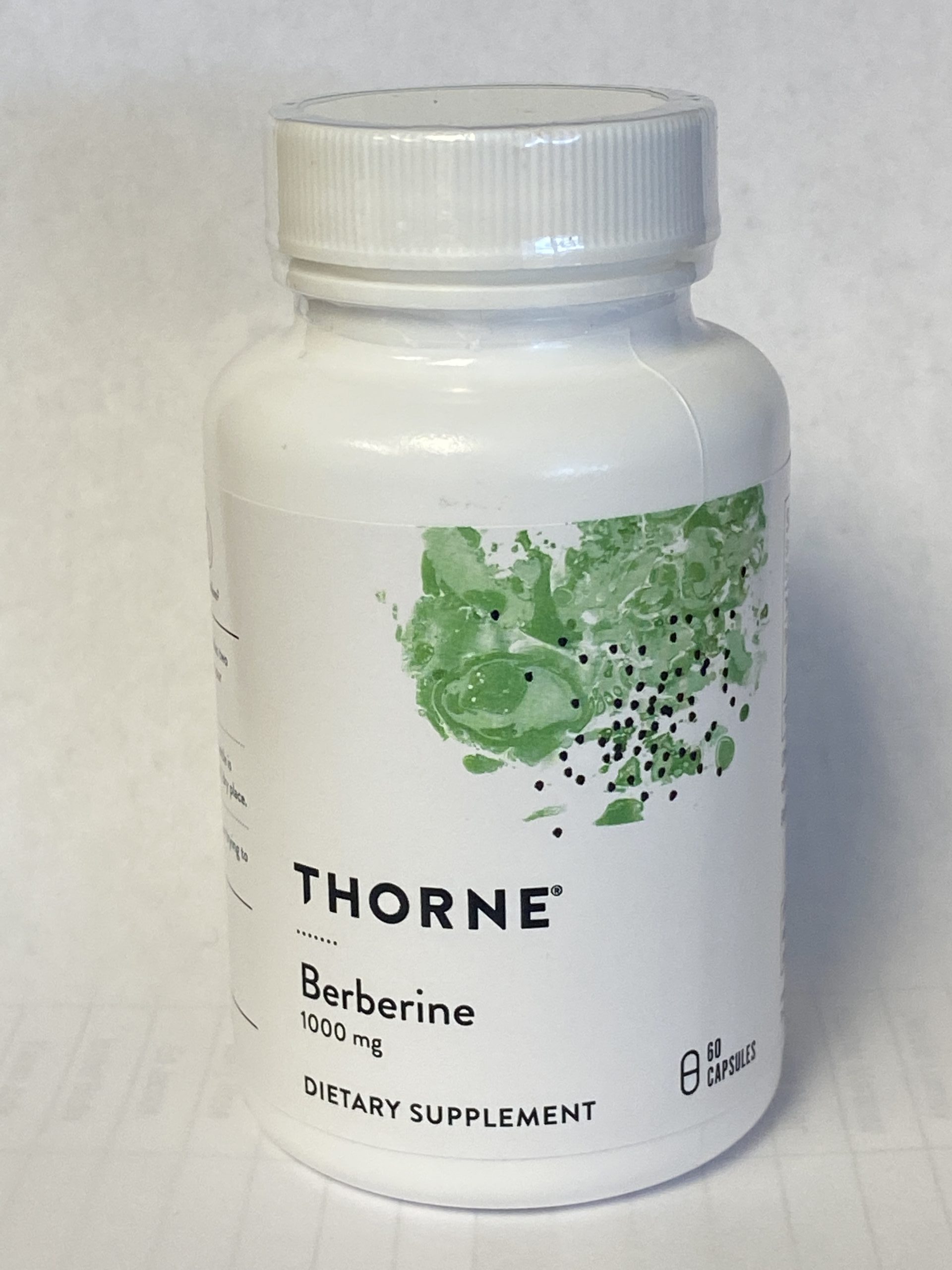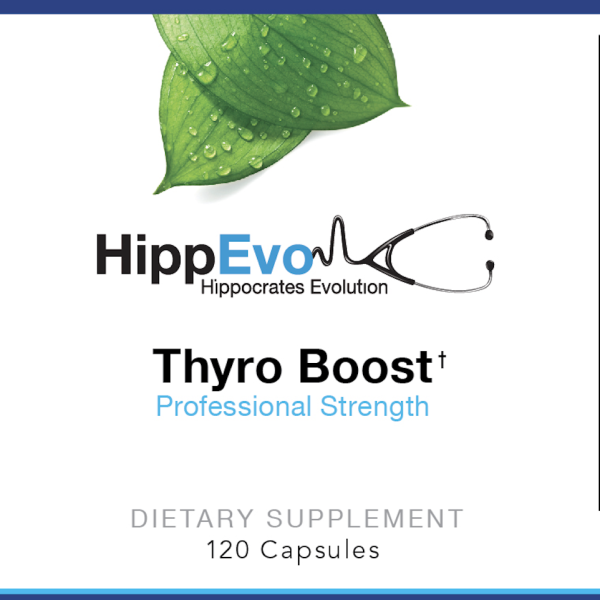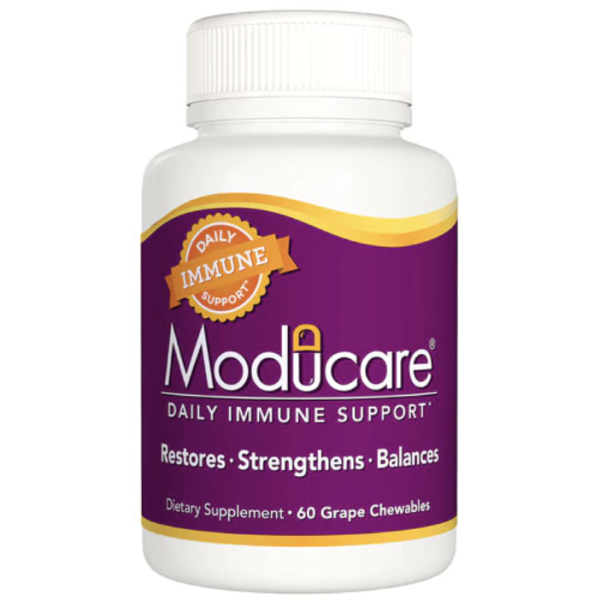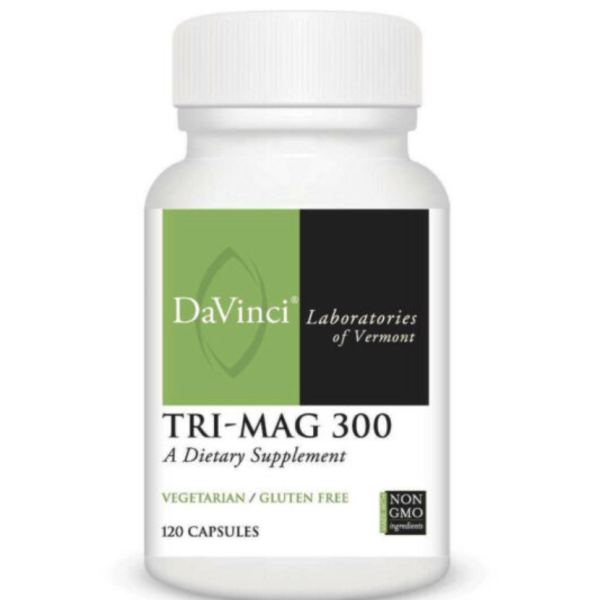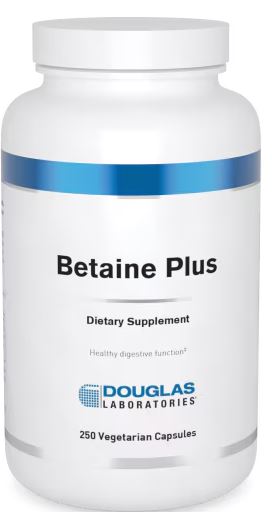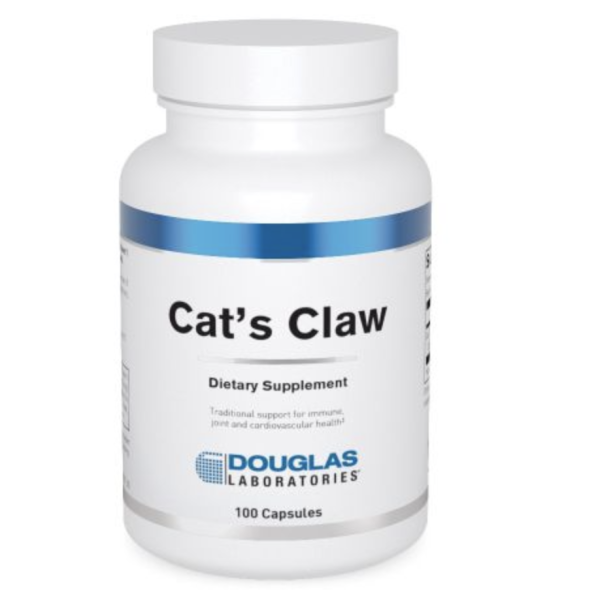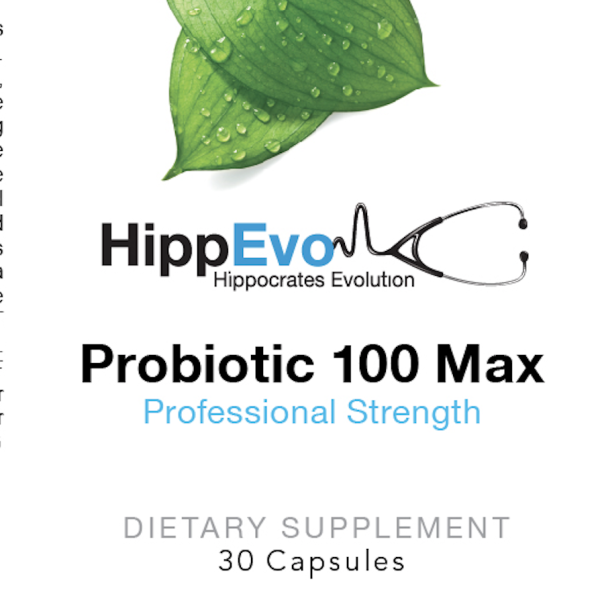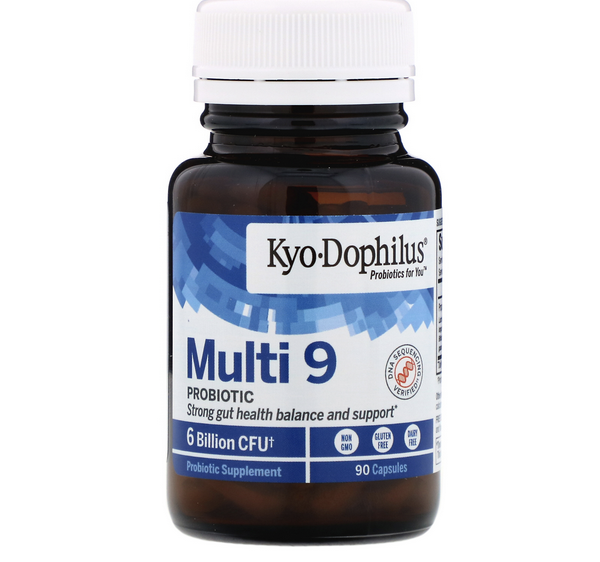Berberine, in Berbercap and Berberine-500, is a natural plant alkaloid offering multiple health benefits. Key nutritional features include maintaining already healthy cholesterol and blood sugar levels, promoting GI microbial balance, and supporting healthy metabolism.
Berberine
$42.00
-heart health
-immune support
-weight management
-GI support
Want a discount? Become a member by purchasing HippEvo - Get HIPP Membership, HippEvo - Get HIPP Membership – Yearly or HippEvo - Get HIPP Membership – 6 Months!
SKU:
693749048008
Categories: Anti-Bacterials, Yeast, Parasites, Cholesterol & Vascular, Glucose, Sugar Control, Gut, Heart & Diabetes, IBS, Enzymes, Gas, Constipation, Longevity & Anti-Aging, Sirtuins, NAD & Cell Restore
Tags: AMPK, Berberine, blood sugar support, Diarrhea, fatty liver, GERD, GI support, glucose metabolism, healthy cholesterol, healthy metabolism support, lipids, reflux, Thorne Research, weight management
Description
Suggested Use
Take 1-2 capsules two times daily or as recommended by your health professional.
Warnings
ALLERGY WARNING
This product is contraindicated in an individual with a history of hypersensitivity to any of its ingredients.
PREGNANCY
If pregnant, consult your health professional before using this product.
INTERACTIONS
There are no known adverse interactions or contraindications at publication date.
Ingredients
2 capsules contain:
Berberine HCI 1gm

